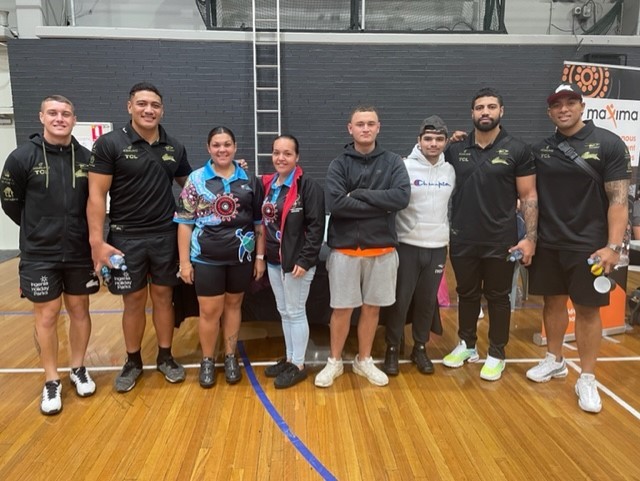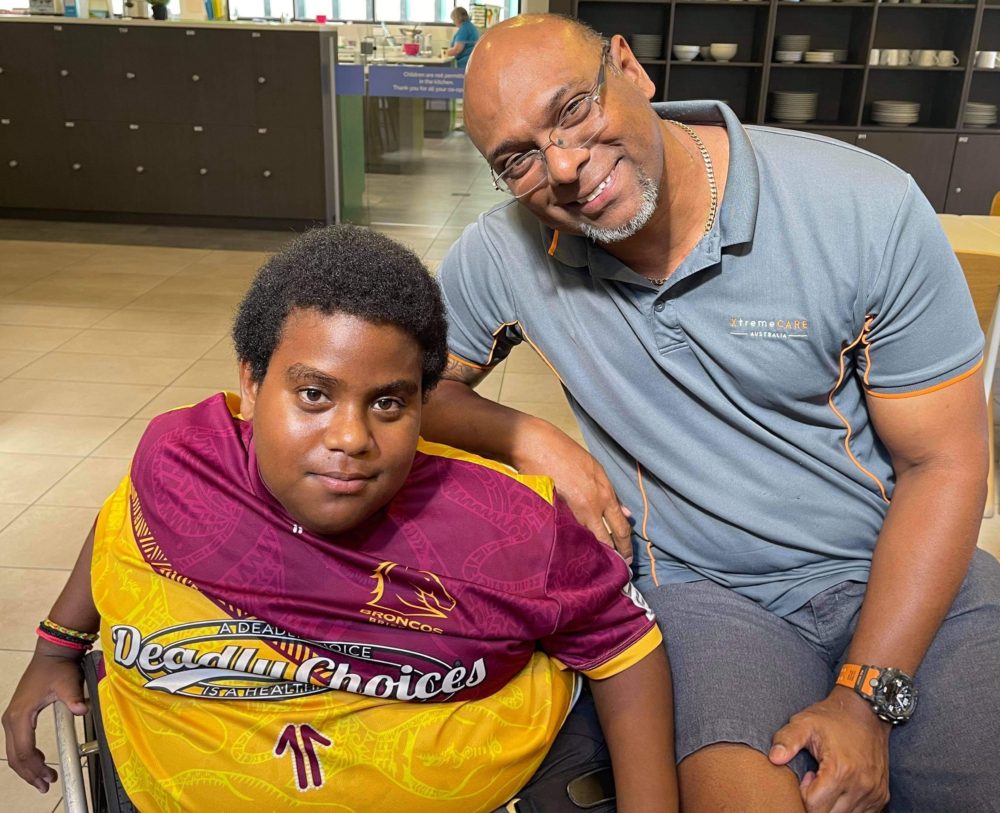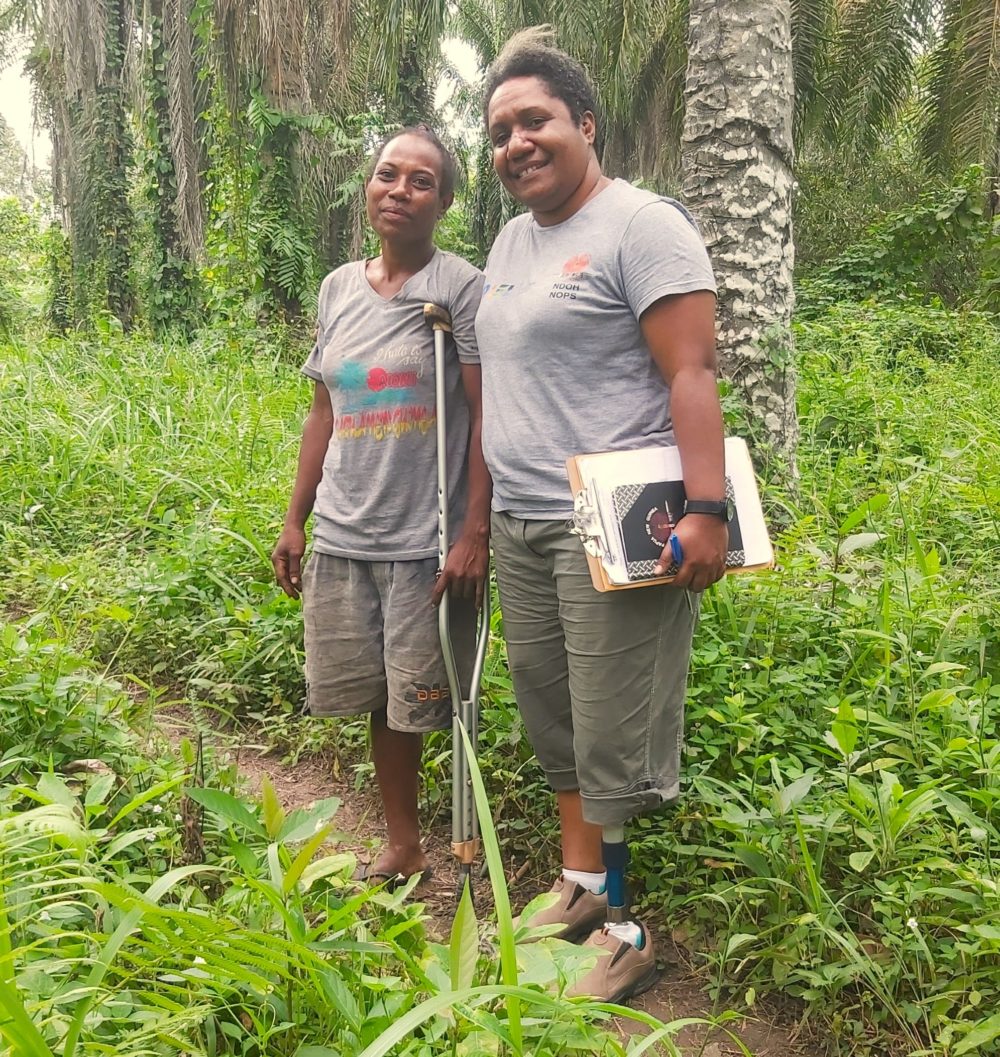By Neena Bhandari
Sydney, 20.06.2022 (Hireup): For most Aboriginal and Torres Strait Islander people with disability, the NDIS remains riddled with hurdles that make getting on to the scheme and navigating it difficult.
That’s according to Indigenous disability service providers, including Shanelle Beazley, sector development coordinator at Kurranulla Aboriginal Corporation, which services the Sutherland and St. George areas in New South Wales. She says the NDIS requires sufficient evidence to be satisfied the person needs disability support. For most Indigenous people, getting that evidence is the most challenging part of navigating this scheme.
“Most Aboriginal families have sufficient paperwork acknowledging their disability, such as Autism Spectrum Disorder (ASD) or psycho-social disabilities — bi-polar or schizophrenia, but they lack documentation detailing its impact on their everyday lives to satisfy the NDIS,” Beazley adds.



